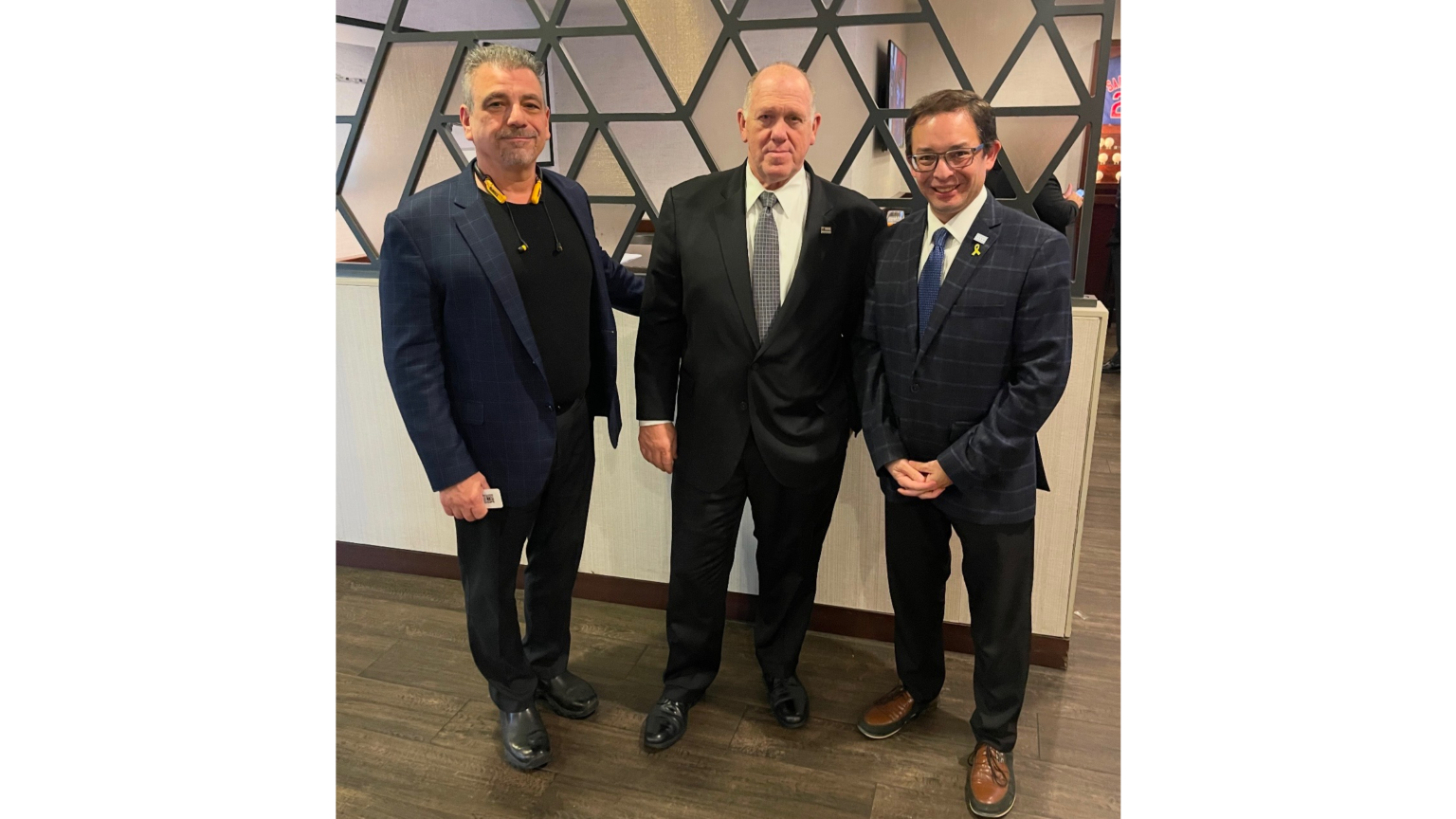Tom Homan, the incoming Border Czar, recently visited Chicago, stirring significant media attention due to a series of closed-door meetings intended to address the city’s immigration and crime challenges. Meetings were orchestrated by Terry Newsome from “Behind Enemy Lines,” bringing together Homan and prominent Democrat politicians, including Alderman Raymond Lopez, union representatives, law enforcement officials, and influential members of the African American and Latino communities. The primary objective of these discussions was to find a collaborative approach to dealing with illegal immigration, with Homan emphasizing the need for federal enforcement to remove dangerous individuals from neighborhoods. Homan has made it clear that if Mayor Brandon Johnson obstructs federal law enforcement operations to deport illegal aliens, he would face prosecution.
A key concern emerging from the meetings is the safety of all parties involved if the city fails to detain illegal immigrants following criminal acts. Currently, the local policy of releasing questionable detainees back into the community poses risks to federal personnel, local law enforcement, and the civilians surrounding these individuals. Homan and the local leaders recognize that illegal immigrants who are returned to the streets could escalate crime, necessitating federal intervention in potentially hazardous scenarios. The situation has been exacerbated by Illinois’ “Safe-T Act” legislation that has removed cash bail for certain violent crimes, further complicating the ability of authorities to hold illegal immigrants accountable for their actions.
In a striking video captured by Newsome following the meetings, Homan was seen at O’Hare International Airport, confirming reports that flights bringing in illegal immigrants to Chicago are ongoing. This revelation adds to the wider concerns about the growing immigration crisis in the city, as Ben Bergquam from Real America’s Voice documented similar scenes at the airport in January 2024. Together with Newsome, Bergquam has been instrumental in reporting on the impact of immigration, particularly focusing on crime and the presence of transnational gangs like Tren de Aragua in the Chicago area.
Throughout the past year, Newsome has utilized his platform and citizen journalism approach to investigate various facets of the immigration crisis in Chicago. His efforts to obtain information through Freedom of Information Act (FOIA) requests have led to alarming findings regarding criminal activities linked to illegal immigrants and potential collusion among various organizations, including Catholic Charities and local government entities, that funnel taxpayer resources to aid illegal immigrants while harming community resources. In response to the city’s Sanctuary status, Newsome has initiated a petition drive aimed at revoking this designation, collaborating with former Illinois attorney David Shestokas to draft the necessary documents.
The movement within Chicago to reassess its stance on immigration has gained traction, with Alderman Lopez expressing bipartisan support for federal intervention plans previously championed by former President Trump. In a recent interview on Emerald Robinson’s show, Lopez shared his worries about the categorization of immigrants as homeless to facilitate taxpayer funding for new service contracts. This shift reflects a growing recognition among some Chicago Democrats of the need to adapt their policies in response to public safety and community concerns. Lopez’s remarks highlight a critical pivot within local politics, suggesting that the Democratic establishment may need to reconsider its immigration policies to better align with constituents’ priorities.
Overall, the discussions involving Tom Homan and Chicago officials underscore a potential turning point in the ongoing immigration debate within Illinois. The growing influence of citizen journalism, embodied by Newsome’s investigative efforts, signals a shift in public discourse around immigration, safety, and community welfare. As local leaders, including Alderman Lopez, begin to rethink their platforms regarding immigration and public safety, the prospects for change in Illinois’s political landscape may be on the horizon, revealing a possible moment for awakening within local governance. The interplay of rising crime rates, immigration challenges, and political accountability could substantially shape the narrative leading into the future.

